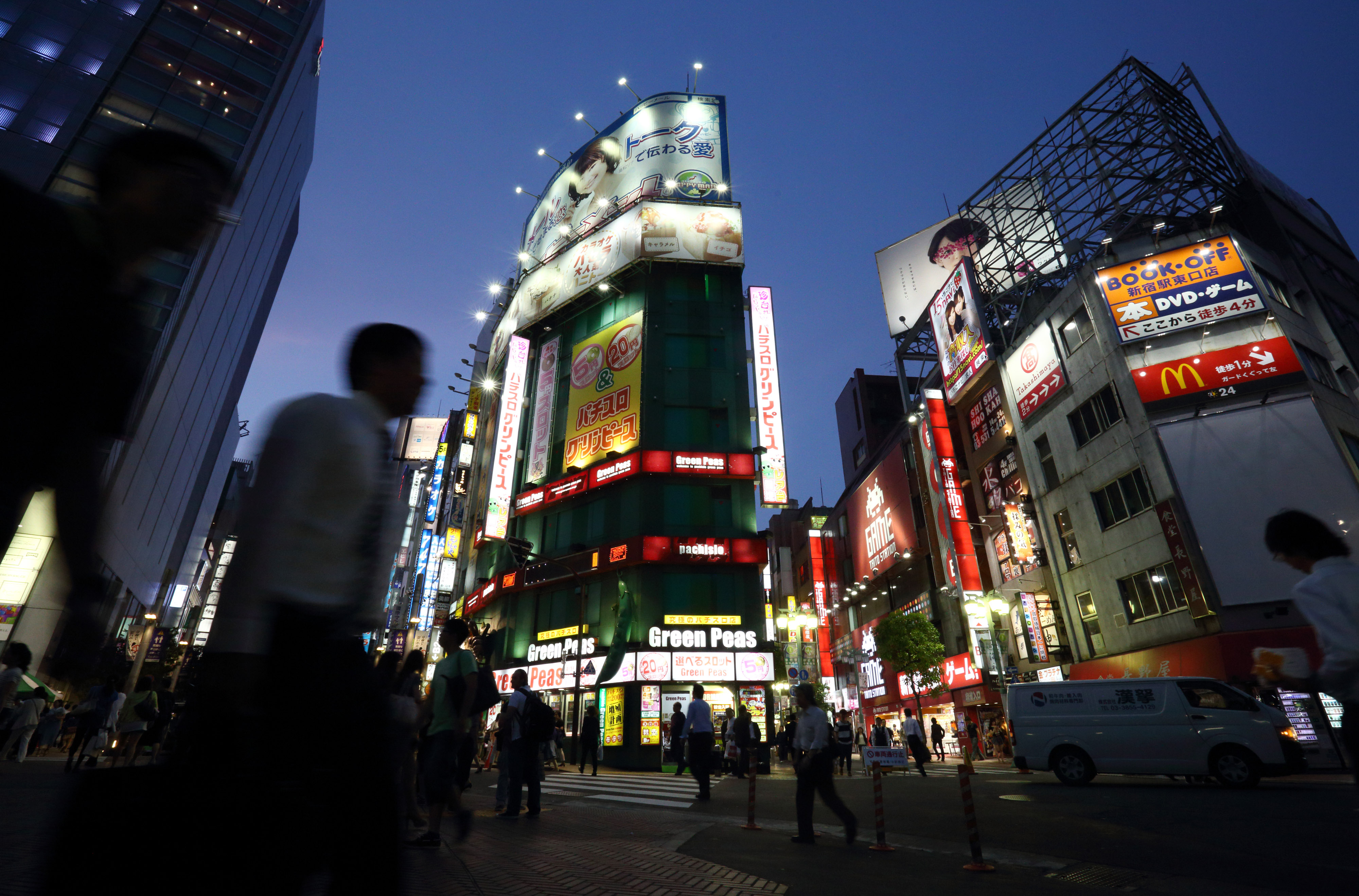"Welcome!" two young women in shorts and Hawaiian shirts chime over the clatter of pinballs and J-pop music at the Million pachinko parlor in the Tokyo residential area of Suginami.
"Your favorite machines are waiting for you, nice and clean," beckon orange, green and yellow signs near the door. "We lead you to the next level of amusement."
For decades, this is how millions of Japanese office workers, housewives and retirees have kicked off long, smoky nights out. They come to play pachinko, a pinball-slot-machine hybrid that has skirted a nationwide gambling ban to become an industry that takes in bets of ¥19 trillion ($187 billion), bigger than the entire economy of New Zealand.



















With your current subscription plan you can comment on stories. However, before writing your first comment, please create a display name in the Profile section of your subscriber account page.